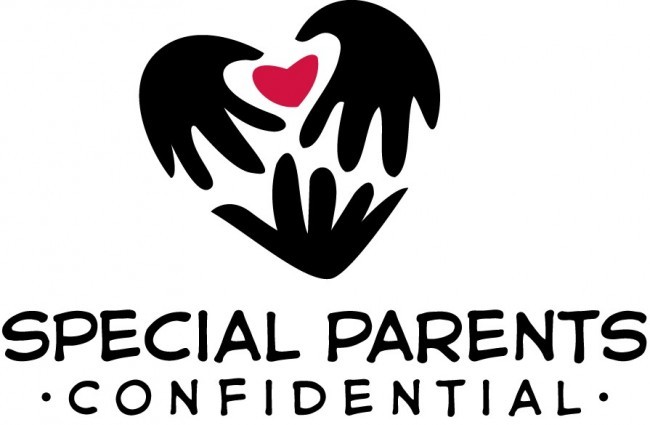Autism Goggles. Part 2.
We’d like to introduce you to Autism Goggles, a website and blog dedicated to helping people understand what it’s like to have Autism. Created by Maxine Share, and her son Daniel Share-Strom, this site is an outgrowth of Maxine’s work as a special education advocate. She began this career while trying to help Daniel get the help he needed in school.
Put On Your Autism Goggles
The best way to understand any situation is to talk to someone who has experience with it. In order to understand what it’s like to have Autism, you should hear from someone who has Autism. Both Daniel and Maxine have Autism, although Maxine didn’t get her diagnosis until later in life. Through their blog and their advocacy work, they encourage ‘neuro-typicals’ to “put on your ‘Autism Goggles’ to understand the autistic mind.
There’s Much More Beneath The Surface
What you will learn is that people with Autism don’t want a “cure” – they just want acceptance and understanding of the way they are. Autism is not a disease. It is not a disability. Browsing Autism Goggles, you’ll learn it’s simply a different kind of social interaction and thinking. You’ll realize while people with Autism may have difficulties in communication, that doesn’t mean they don’t have anything to say.
Part 2. Daniel Share-Strom
For SPC Episode 69, we talked to Maxine Share, who started Autism Goggles as an outgrowth of her advocacy work that began with her son.
In Part 2 of our interview, we talk to Maxine Share’s son, Daniel Share-Strom. His own struggles with Autism and Aspberger’s Syndrome were the basis of Maxine’s advocacy for parents. From his bio on the Website: “Daniel is a writer, motivational speaker, workshop facilitator, and co-founder of Autism Goggles, a social initiative determined to ‘reframe understanding of autism’ to focus on ability and strengths.
“Diagnosed with autism at a young age, Daniel has been moving audiences with his self-awareness, poignant insight, and humour for nearly 15 years. He does this with full-day workshops and speeches which help parent groups, universities, autism organizations, workplaces, and health care professionals to understand the many features and traits of autism using plain language and practical examples. Daniel is committed to equality, fairness, and social justice for all people as he works to shift society toward acceptance and understanding of neurodiversity. He speaks up and speaks out for those who have not yet found their voice.”
Links Mentioned In This Episode
Daniel Share-Strom’s Ted Talk Speech
Autism Goggles Article on Anxiety
Teaching A Student With Autism – For Teachers.
Engagement Page – Where To Connect with Autism Goggles
Podcast: Play in new window | Download
Subscribe: RSS
